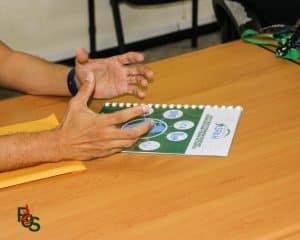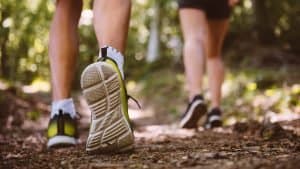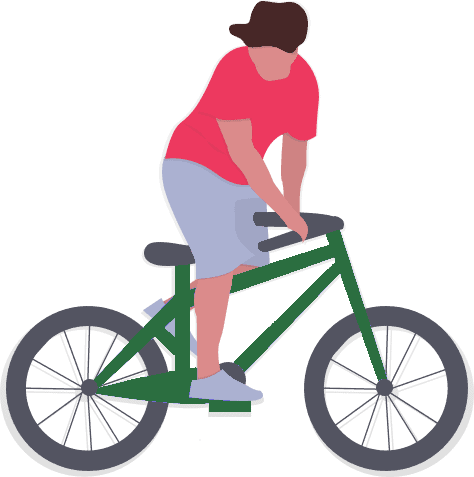School health champions take a tailored approach to promoting physical activity through policy, environment, and strategy change.
Schools play a key role in providing youth with opportunities for physical activity, but often lack resources, expertise, and motivation to enact change, especially in rural areas. There are disproportionately higher rates of overweight and obesity in poor US rural communities. Lower socioeconomic status, rural residence, and racial and ethnic minority status are associated with increased odds of childhood obesity and inactivity levels.
The state of South Carolina in the US has many rural schools lacking resources for the promotion of physical activity and high rates of obesity among rural students. Using the Census’ Urban and Rural Areas definition, 34% of South Carolina’s population is considered rural. This implies many young people are at risk of obesity and inactivity in that state.
While regular physical activity during leisure time at home is important, students spend much of their time at school with their peers and educators. We cannot create more time, but we can diversify the physical activity opportunities provided to youth, such as those offered in physical education and recess, in the classroom, and before and after school.
Working with three rural elementary schools in the southeastern United States, academics from the University of South Carolina engaged champions to build a wellness-team to be trained to conduct a school-wide needs assessment. A “champion” is an employee identified at the school who is highly motivated to encourage physical activity and therefore tasked with implementation efforts. The plan was to use the results to create an action plan tailored to the school’s available resources, strengths, and challenges.
Be a Champion! was designed in collaboration with school staff to provide tailored assistance and resources to create and enhance physical activity opportunities for students.

The research team, with help from the Champion and established wellness-team, conducted a school-wide needs assessment to identify prospects for expansion of PA opportunities and potential challenges to successful implementation. This assessment was used to develop a tailored action plan in consideration of the desires of school personnel, opportunities, and available resources of the school.
Technical assistance provided by the South Carolina research team focused on leveraging the strengths identified within each school. School strengths were identified through completing the Alliance for a Healthier Generation Wellness Policy Assessment. Example strengths included having an active and representative health/safety committee, having a written wellness policy and providing food offerings that adhered to USDA dietary guidelines.
The “Be a Champion!” approach utilizes implementation science methodology to maximize the impact of a comprehensive school physical activity program on the opportunities provided to students to be sufficiently physically active.

Take home messages
- There are disproportionately higher rates of childhood overweight and obesity in rural communities, and South Carolina rural schools are particularly under resourced.
- Children are not getting enough physical activity and spend the majority of their time at school, making opportunities for PA during the school day important.
- Engaging a champion helps to cultivate a community focused on increasing physical activity that can assist with decisions on implementation and allocating resources.
- Tailored action plans that consider the current opportunities and resources at the school are innovative and appropriate.
Authors and affiliations
Dr. Justin Moore, Mrs. Camelia Singletary and Ms. Alexandra Peluso.
Department of Implementation Science, Division of Public Health Sciences, Wake Forest School of Medicine, Winston-Salem, NC USA.
The authors have no relevant competing interests to declare.








